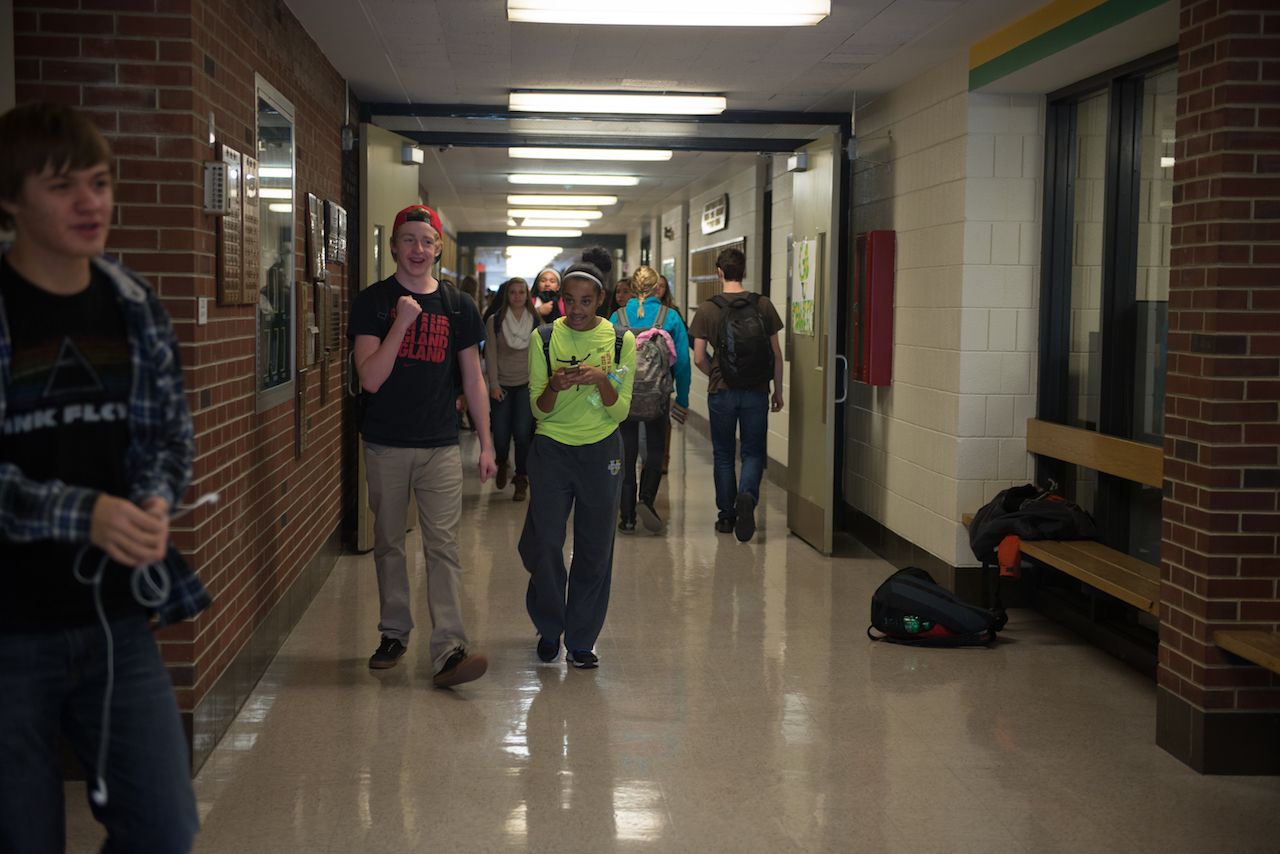The following resources focus on the educational climate and betterment of those serving the K–12 educational community.
“Why America’s Schools Have a Money Problem.” (NPR, April 18). We want to give voice to the school-funding imbalance and to explain what happens when many of America’s poorest students also attend its poorest schools.
Long Story Short: How Can Schools Reduce Disparities in Disciplinary Action and Promote Student Mental Health? Ken Martinez describes how schools can reduce racial disparities when disciplining students and shares ideas on how to increase access to mental health services.
Free Camp College: College Prep Opportunity. The Illinois Association for College Admission Counseling (IACAC) is offering this program to students across Illinois. Camp College is a FREE four-day, three-night program designed for rising seniors. Students will learn about the college application process, different major and career paths, funding a college education, social media, and more! Camp College will take place at the University of Illinois at Springfield, Illinois Wesleyan, and Illinois State University July 12–15, 2016. The application deadline is May 20, 2016.
Racially Diverse ‘New Majority’ Set to Reshape U.S. Public Schools. (Christian Science Monitor, April 15). America’s public schools are a snapshot of a changing America: Since 2014, for the first time in the country’s history, a majority of those in public schools have been students of color. That’s more than just a statistic. The rise of this “new majority” promises to have sweeping effects on American schools over time.
Why Assessment Matters: America Achieves Fellowship for Teachers and Principals. This report looks at the critical role quality assessments play in education.
Get Answers to Your Common Core Questions: The Teaching Channel, in collaboration with Student Achievement Partners is hosting a weeklong question and answer session about Common Core implementation for teachers and parents. Educators and other interested parties are invited to post quests to a community board, which will then be answered by “Core Advocates” and “Teaching Laureates.”
Students Making Up Math Credits Online Less Likely to Pass. Chicago Public Schools ninth-graders who failed algebra I and retook the class online performed worse than their peers who instead received face-to-face instruction. Seventy-one percent of study participants in both types of courses passed, but only 66 percent of online students did so, compared with 76 percent of students in a traditional classroom.
Black, Latino Parents Say Expectations for Poor Children Too Low in Public Schools. (Education Week, April 10). A majority of African-American and Latino parents report that they want higher expectations for their children and better teachers in public schools, where they believe there are racial inequalities and funding disparities, according to a new national poll.
From Ed Note: “Keeping Tabs on Dual Enrollment.” The latest Ed Note blog post comes from the high school institute and reveals some of the highlights from the recent update to the 50-state comparison on dual/concurrent enrollment.
Education chief looks for more well-rounded learning. After years of schools narrowing their curricula to target math and reading during the test-happy No Child Left Behind era, Education Secretary John King is urging states to use their flexibility under the new federal education law to expand and focus more on science, social studies, arts and world languages. (Associated Press, April 14)
Dual-Language Programs More Common, Implementation Challenges Remain. In nearly 40 states, at least one school district offers a dual-language program or instruction in English and another language to help students learn both. States want to expand dual-language programs, but such hurdles as a shortage of qualified teachers and limited funding remain. Watch what happens in a dual-language classroom.

